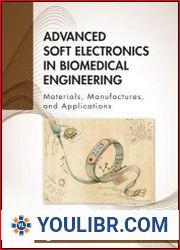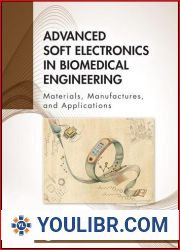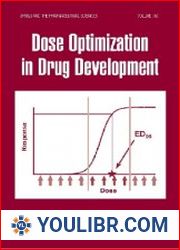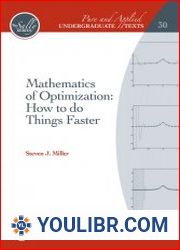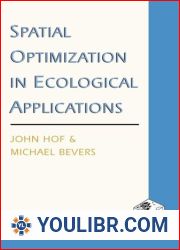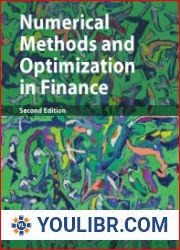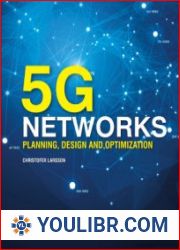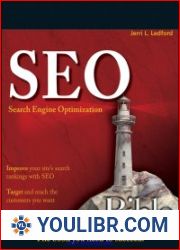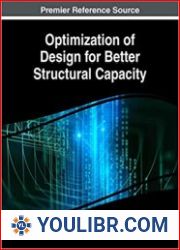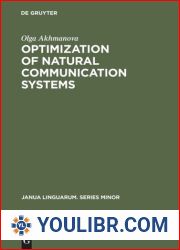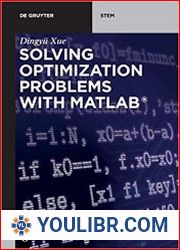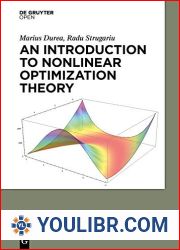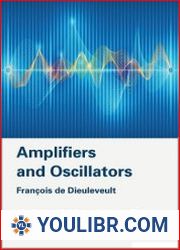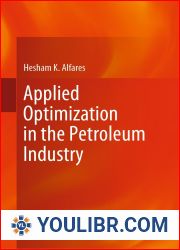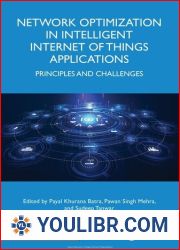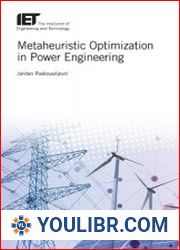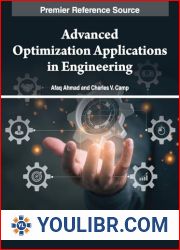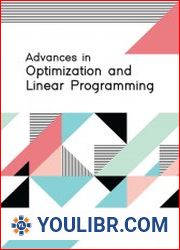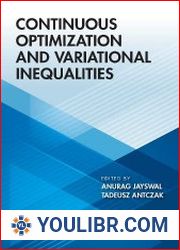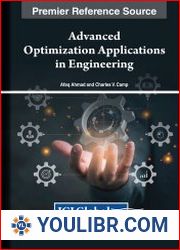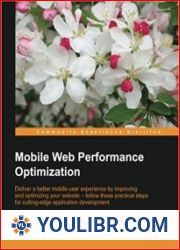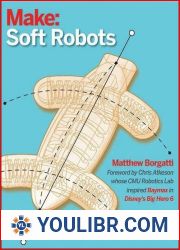
BOOKS - Nature-inspired Optimization Algorithms and Soft Computing: Methods, technolo...

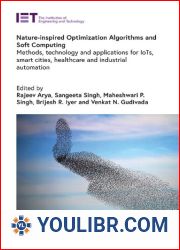
US $6.64

814805

814805
Nature-inspired Optimization Algorithms and Soft Computing: Methods, technology and applications for IoTs, smart cities, healthcare and industrial automation (Computing and Networks)
Author: Rajeev Arya
Year: October 17, 2023
Format: PDF
File size: PDF 6.5 MB
Language: English
Year: October 17, 2023
Format: PDF
File size: PDF 6.5 MB
Language: English
We have witnessed an explosion of research activity around nature-inspired computing and bio-inspired optimization techniques, which can provide powerful tools for solving learning problems and data analysis in very large data sets. To design and implement optimization algorithms, several methods are used that bring superior performance. However, in some applications, the search space increases exponentially with the problem size. To overcome these limitations and to solve efficiently large scale combinatorial and highly nonlinear optimization problems, more flexible and adaptable algorithms are necessary. Nature-inspired computing is oriented towards the application of outstanding information-processing aptitudes of the natural realm to the computational domain. The discipline of nature-inspired optimization algorithms is a major field of computational intelligence, soft computing and optimization. Metaheuristic search algorithms with population-based frameworks are capable of handling optimization in high-dimensional real-world problems for several domains including imaging, IoT, smart manufacturing, and healthcare. The integration of intelligence with smart technology enhances accuracy and efficiency. Smart devices and systems are revolutionizing the world by linking innovative thinking with innovative action and innovative implementation. The aim of this edited book is to review the intertwining disciplines of nature-inspired computing and bio-inspired soft-computing (BISC) and their applications to real world challenges. The contributors cover the interaction between metaheuristics, such as evolutionary algorithms and swarm intelligence, with complex systems. They explain how to better handle different kinds of uncertainties in real-life problems using state-of-art of machine learning algorithms. They also explore future research perspectives to bridge the gap between theory and real-life day-to-day challenges for diverse domains of engineering. The book will offer valuable insights to researchers and scientists from academia and industry in ICTs, IT and computer science, data science, AI and machine learning, swarm intelligence and complex systems. It is also a useful resource for professionals in related fields, and for advanced students with an interest in optimization and IoT applications.









